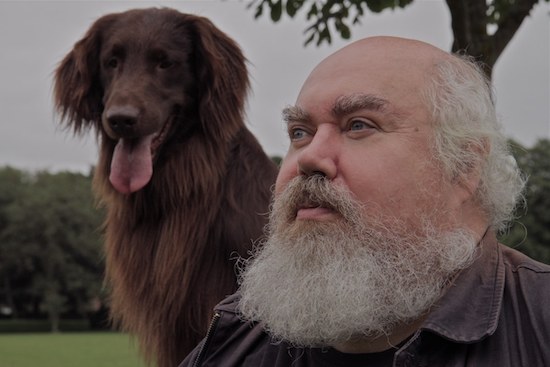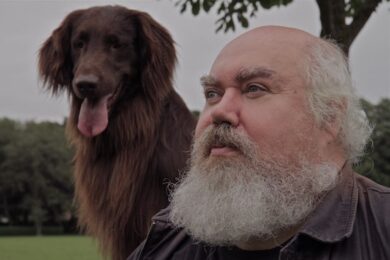There’s a buzz around Scottish jazz right now, with Fergus McCreadie picking up a Mercury Prize nomination and the Scottish Album of the Year Award for 2022’s Forest Floor. The pianist, who also plays with Graham Costello’s post-rock influenced Strata and Liam Shorthall’s contemporary fusion outfit corto.alto, is among a generation of musicians to have emerged from the Royal Conservatoire of Scotland’s jazz programme, founded by saxophonist Tommy Smith in 2009. Over time, a local gigging infrastructure has emerged, with Glasgow venues like 78 and the sadly defunct Blue Arrow hosting regular sessions. This has inevitably led to a crossover with the wider music scene, the jazzers jamming with folk, indie and electronic musicians.
But as healthy as all this activity is, I’ve yet to hear anything particularly adventurous or original from the new wave. Whereas mainstream jazz in Europe and the US has made some accommodation with the avant-garde, Scottish jazz largely operates within the reference points laid down by Smith’s generation – Wynton Marsalis style jazz classicism, slick ECM Eurojazz, polished Scottish folk music – with younger musicians taking on contemporary crossover influences. The conservatoire focus on immaculate musicianship of a particular kind means there’s not much room for maverick approaches. Improvisation takes place within broadly conventional structures. There’s not much fire or grit. Post-AACM innovations in composition are barely touched upon. Not everything has to be avant-garde, but even within the parameters of the mainstream, it all feels a bit polite and a little dated.
My hope is that more conservatoire jazzers will come over to the dark side and start jamming with members of Glasgow’s thriving improvised and experimental music scenes. There’s plenty of live action to get involved with, from the GIO Dynamics open sessions to Tony Bevan’s Help Me I’m Melting, 1.5 Months and Baked Beans On The Doorstep. The Scottish National Jazz Orchestra’s recent Where Rivers Meet, a programme of compositions by Ornette Coleman, Albert Ayler, Anthony Braxton and Dewey Redman, might seem like a step in the right direction, but in treating their music as historical repertoire, removed from the wider contexts of experimental music and the black radical tradition, it underlines the problem. The project could have been a great opportunity to bring in practicing free jazz musicians from Scotland, but instead, it’s as if such figures simply don’t exist. Several improvisers have told me that the gatekeepers of Scottish jazz simply don’t view what they do as legitimate. Whatever it is, it isn’…



